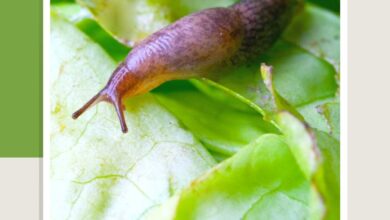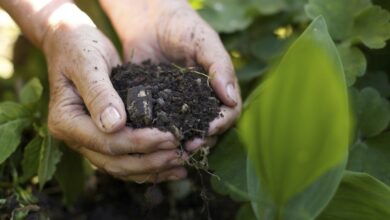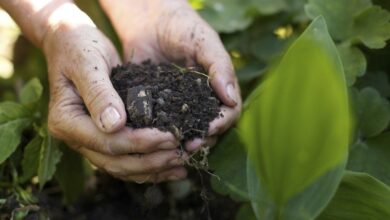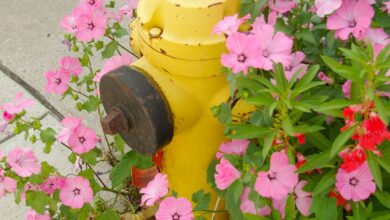Seven Pests That Damage Lawns
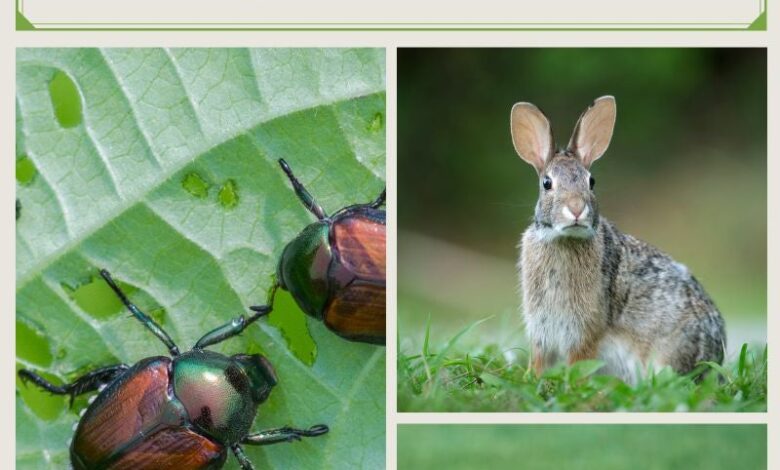
[ad_1]
As homeowners, we battle a variety of pests that damage lawns and gardens. They eat our veggies, destroy our flowers, and wreak havoc on our landscapes. Have you ever stopped to consider which one is the most destructive though? Here are the seven most problematic pests I face, but one of them is the clear winner.
Rabbits
These cute and furry Easter symbols do minimal damage to my lawn, but they dearly enjoy my newly sprouted bean and pea seedlings in the garden. Every year, I find myself replanting rows of legumes which the rabbits nibbled down to the ground.
Cucumber Beetles
In my garden, these insects account for most of the damage to my squash, cucumbers, and melon plants. The adults love to feed on both the fruit and foliage, while the larval stages consume the roots and underground stems. Additionally, the striped cucumber beetle transmits bacterial wilt. Some years, I’ve lost my entire cucumber crop to this incurable disease.
Deer
Although deer will consume many types of plants, my sweet potatoes take the biggest hit when Bambi and friends visit my veggie garden. They love the tender leaves so much; they’ll reach through and over any fencing I erect to keep them out.
Japanese Beetles
Although the larval stage of these hungry little jewels can damage the lawn by feeding upon the roots of the grass, I find Japanese beetle damage is most apparent on my fruit plants. They reduce yields by skeletonizing the leaves and reducing the photosynthesis capabilities of my grape and red raspberry plants.
Robins
During dry spells, the red-breasted harbingers of spring raid my well-watered seed patches to obtain mud for their nests. In their quest, the robins often uproot my newly sprouted seedlings and onion bulbs. Robins also love ripe strawberries and will devour them whole.
Slugs
I honestly believe these shell-less critters love strawberries as much as the robins. Slugs leave holes in the ripe fruit, which attracts a host of other insects. Having slugs in the garden also means finding damage and slimy trails on my peppers, tomatoes, and most members of the cabbage family.
And the winner is…
Moles
I find the damage from having moles in my yard and garden to be more extensive than that of other pests. These nocturnal, burrowing mammals have a diet that consists almost entirely of invertebrates. To provide the energy needed for digging, moles must consume enough food to equal 70 percent of their body weight each day.
Moles love digging in soft, moist, and well-drained soil, like that found in my vegetable patch. They inadvertently uproot newly transplanted seedlings and onion bulbs along the way. Although moles do eat grubs, the largest portion of their diet comes from soil-enhancing earthworms. In their quest for food, moles can dig up to 18 feet (5.5 m.) of tunnels per hour. These crisscross the lawn, which leaves ruts in the soil and kill the grass.
Additionally, moles leave unsightly mounds of dirt throughout the yard. Moles top my list as the worst pest because they don’t just damage plants, they also destroy the integrity of the soil.
[ad_2]
Source link


